12 Zero Waste Pointers For Your Home
Zero-waste home is a term for a lifestyle that helps the environment by reducing what you send to the landfill. It also includes saving energy, saving wastewater, and reusing items. Is it possible to turn your home into an environmentally favorable castle? Absolutely! Let’s Look at some tips that can assist you in the zero-waste lifestyle.
One: Run Your Dishwasher and Washing Machine Only When Full.
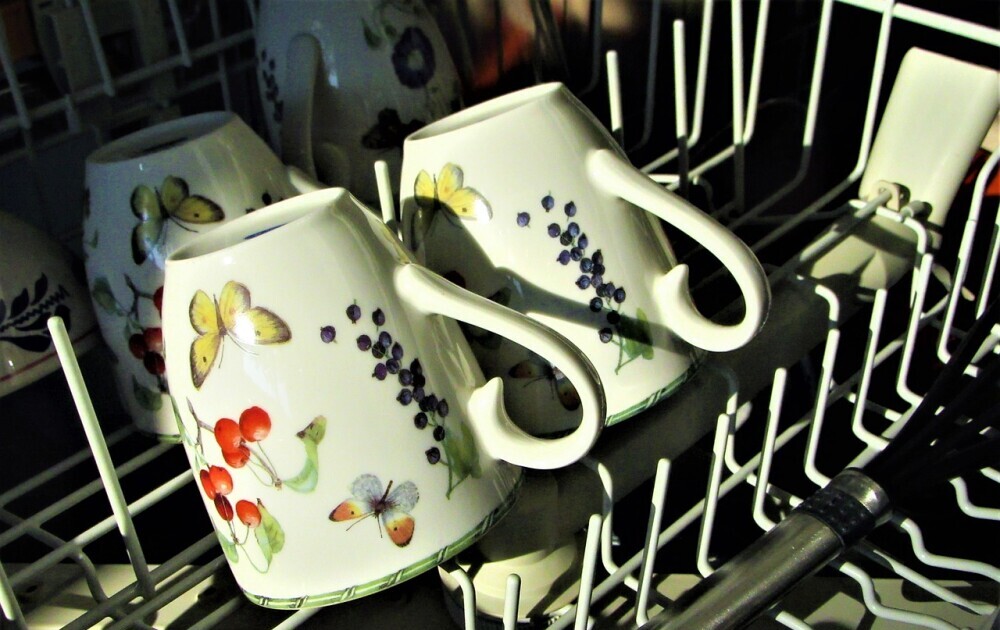
Getting used to running the dishwasher and washing machine only when full saves water and reduces energy consumption. It’s a simple but effective step toward a more sustainable home. I mean, why waste resources on half-empty loads, right? Get into this habit, and you’ll save tons of wastewater.
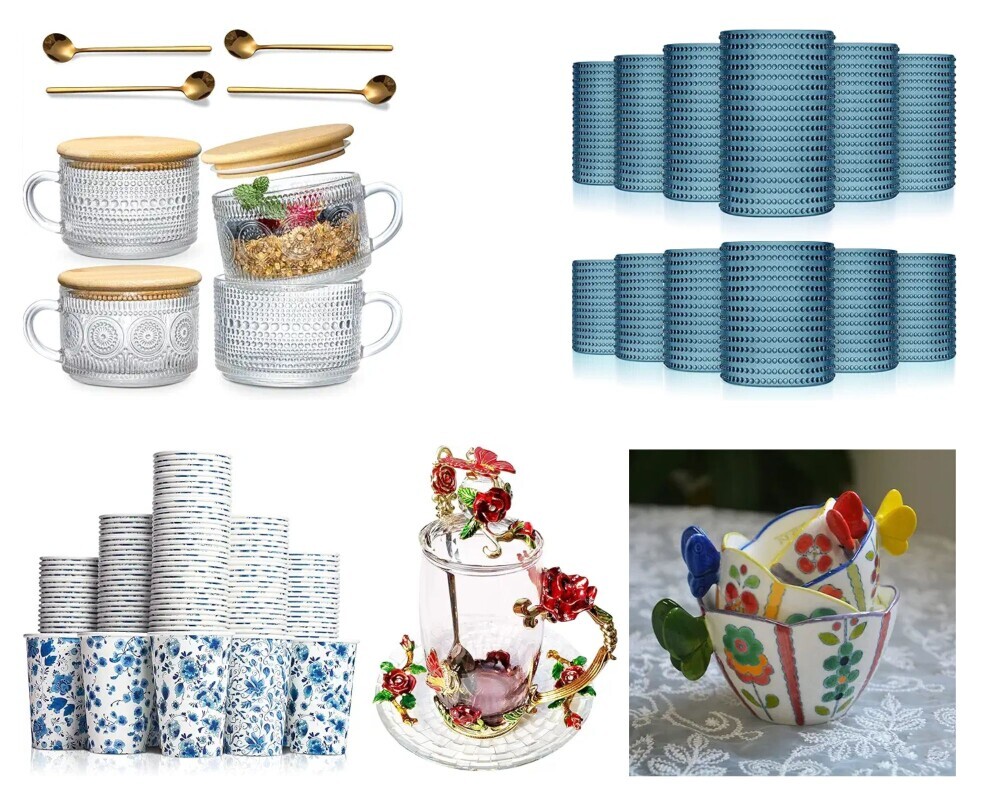
Here’s a little transparency: Our website contains affiliate links. This means if you click and make a purchase, we may receive a small commission. Don’t worry, there’s no extra cost to you. It’s a simple way you can support our mission to bring you quality content.”
Two: Practice Preparing Meal Servings Just for the Amount of People in Your Family.
When it comes to food, preparing meals in portions that match the number of people in your household can significantly reduce food waste. Just take a moment to plan your meals based on your family’s actual needs. Plus, it’ll save you money in the long run—less wasted food means fewer trips to the store. This leads to our next logical tip for zero waste in your home:
Three: Get Into Meal Prepping for You and Your Family by the Week.
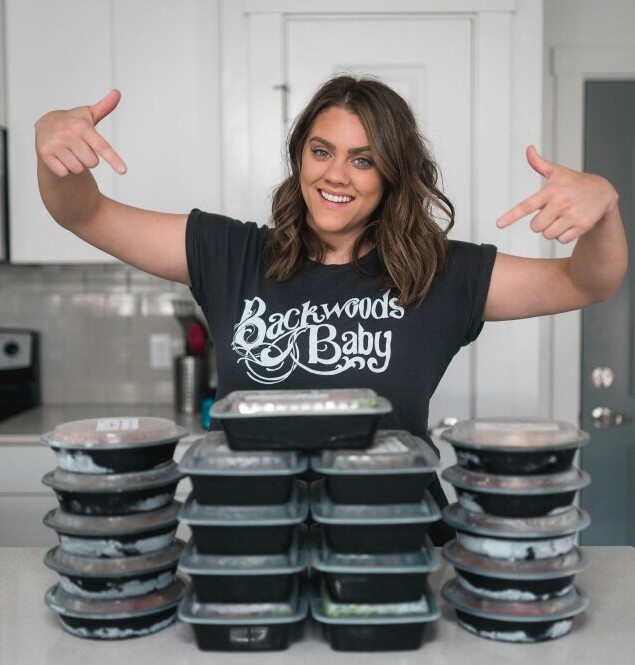
Meal prepping for the week can be a game-changer. It helps reduce waste by using ingredients efficiently and makes weekdays less stressful. Knowing your meals sorted out can be a real lifesaver, especially on those busy days. Use the freezer and refrigerator to store those meal preps. You can get even more productive – label for days when you make your meal preps and earn yourself valuable time and money. Your kitchen will thank you for it. Opt to use reusable meal-prepping containers, and you’ll be okay.
Four: Switch Over to Using Menstrual Cups.
Switching to menstrual cups can vastly reduce waste from disposable menstrual products. They’re reusable and cost-effective over time, and you can easily find them online. This small change makes a big difference in the long run.
Five: Get Into LED Lighting.
Switching to LED lighting reduces your electricity bill and is also kinder to the environment. They last longer than traditional bulbs, so you’re not constantly tossing out burnt-out bulbs. Plus, they’re just as bright without the guilt! Yes, they cost more, but their longevity pays off in the long run.
Six: Convert Your Cooking Utensils to Wood or Bamboo When Practical.
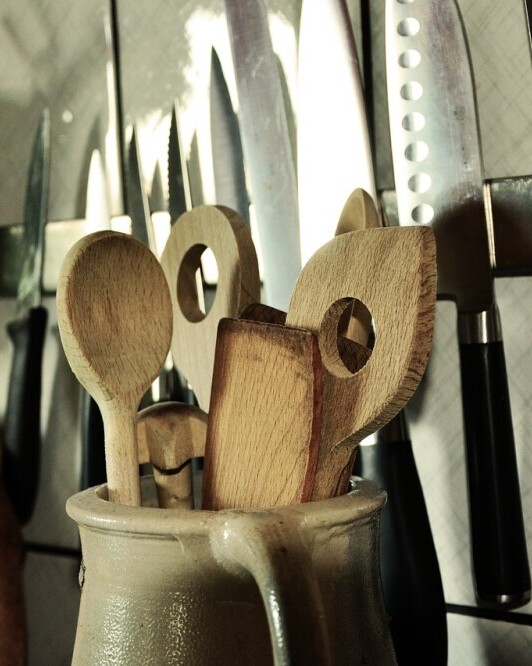
Upgrading your cooking utensils to wood or bamboo is a totally environmentally friendly choice. A good wood cooking utensil set is both practical and affordable. They are biodegradable and sustainable compared to plastic. While replacing every utensil at once is impractical, even a few changes can shift your kitchen toward eco-friendliness. While you can’t do this for everything in your kitchen, the more, the better.
Seven: Go Digital.
Going digital is a smart move for cutting down on paper waste. Whether it’s e-books, online receipts, or digital notes, digital methods help reduce the clutter of physical paper. They’re convenient and eco-friendly at the same time. Storage in your home improves when you emphasize digital methods where you can.
Eight: Reduce Junk Mail and Go Paperless for Bills You Get for Your Household.
Junk mail can be a real nuisance. By minimizing it and opting for paperless billing, you declutter your space and save a few trees in the process. Contact companies directly to request paperless options—it’s usually just a quick call or click away.
Nine: Adopt a Minimalist Lifestyle.

Living a minimalist lifestyle can seem daunting, but taking it step by step makes it manageable. Focus on reducing the amount of stuff you bring into your home. Not only does it help you live with less, but it also makes your space feel cleaner and more organized. Ask yourself this question: Is this something I really need or can I live without it? Less clutter leads to more enjoyment.
Ten: Emphasize Quality Over Quantity in Your Purchases.

Switching your shopping mindset to quality over quantity is a game changer. Choose products that last longer rather than cheaper items you’ll need to replace frequently. This reduces waste and can often save you money over time, too.
Eleven: Keep Stuff Out of the Landfill by Repurposing Used Items Such as Clothing, Old Containers, and Even Old Shoes.
Keeping items out of the landfill by repurposing them can be both fun and rewarding. Clothes, old containers, and even shoes can find new life with a bit of creativity. Old jars can become storage containers, and worn-out t-shirts can be turned into rags or DIY projects.
Twelve: Use Rechargeable Batteries.
Rechargeable batteries are another excellent investment. They reduce the need for single-use batteries, significantly reducing waste. It’s easier on your wallet, too, as you won’t have to keep buying replacements.

Make Zero Waste a Goal and Go Further.
Repurposing doesn’t stop at small household items. Furniture and larger objects can also be upcycled. A little paint or minor fixes can turn something old into something new and functional. It’s all about seeing the potential in what you already have.
Zero waste is a mindset. You must see being eco-friendly through the lens of what’s around you. It’s all about doing what you can with what you have.
Opting for environmentally friendly alternatives whenever possible makes a huge impact. This includes everything from using cloth napkins instead of paper to stainless steel straws instead of plastic. Every small change contributes to a more significant, positive shift.


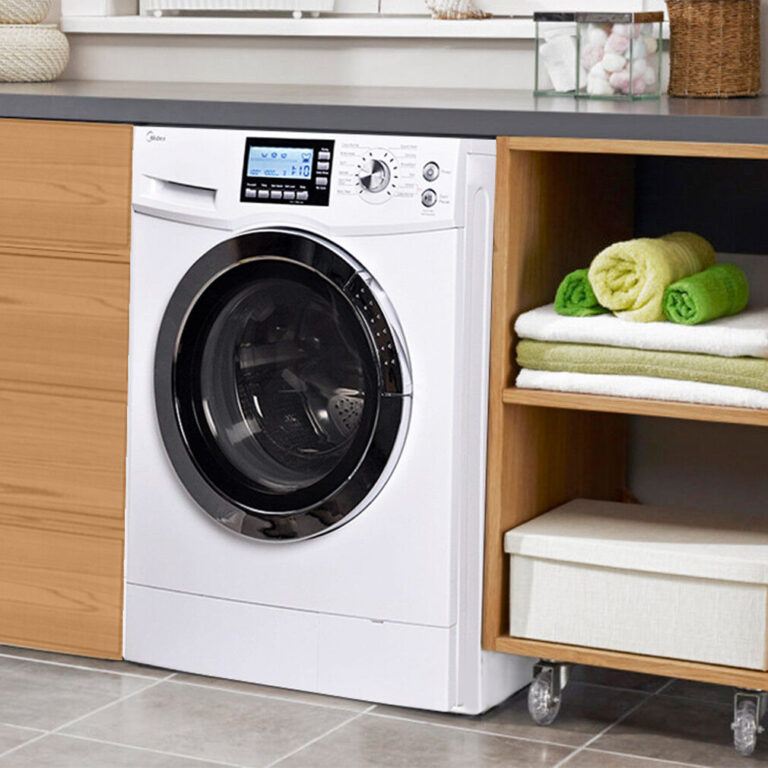





Absolutely loved the twelve zero-waste tips on your blog! It’s refreshing to see such practical advice that everyone can start implementing right away. The tip about using LED lighting is something I hadn’t considered in terms of waste reduction, but it makes total sense! And the push for reusable products? Spot on! It’s great to see a blend of simple swaps and more thoughtful lifestyle changes aimed at reducing our environmental footprint. Your blog really drives home the point that every little bit helps and that zero waste is achievable with some mindfulness. Thanks for sharing such valuable content!
Gabriel John
This post is incredibly useful for anyone looking to adopt a zero-waste lifestyle! The 12 pointers provided are practical, easy to implement, and offer a great starting point for reducing waste and living more sustainably. I particularly appreciate the emphasis on simple changes, such as running full loads in the dishwasher and washing machine, meal prepping, and switching to LED lighting. These small adjustments can make a significant impact when combined.
I’m excited to start implementing some of these tips in my own home and reducing my environmental footprint. I’d love to hear from others who have already started their zero-waste journey – what challenges have you faced, and what successes have you achieved?
That’s very true. I’m endeavoring to live a zero-waste lifestyle myself. Being a person who creates less waste helps keep our landfills from being filled with waste and repurposes old items instead of throwing them away. Thanks for your comment.
Hello Elridge,
I read your article on reducing waste in the home with great interest. This is an important topic, as the average household generates a staggering amount of waste each year. Your 12 tips offer practical, actionable ways for people to make their homes more environmentally friendly.
I especially appreciate how you emphasize starting small. Going completely zero-waste overnight is unrealistic for most families. But making incremental changes over time can add up to a big difference. Meal planning, buying reusable products, and minimizing junk mail are great examples of easy switches people can make.
Your point about quality over quantity resonates with me. Too often we end up wasting money and resources buying cheap products that break or wear out quickly. Investing in durable, long-lasting items is the wiser choice, both for our wallets and the planet.
While no home can be completely waste-free, yours provides an excellent blueprint for reducing waste dramatically. I hope your article inspires more people to rethink their consumption, get creative about reuse and repurposing, and work toward living more sustainably. Our planet needs all the help it can get.
I look forward to reading more of your insights on living green. Keep up the great work!
All the Best,
Eric
This article offers some fantastic, practical tips for adopting a zero-waste lifestyle! I love how you break it down into manageable steps, making it less overwhelming for those just starting out. The idea of meal prepping to reduce food waste is something I can definitely get behind. It not only saves food but also time during the week. I’m also a big fan of switching to LED lights and using rechargeable batteries; those changes make a noticeable difference over time. Thanks for sharing these great ideas, they really show how easy it can be to make eco-friendly changes.
I love how you break down the steps into manageable ideas that anyone can incorporate into their daily lives. The focus on reusable products really hits home, and I’m definitely going to try out those DIY alternatives you suggested. It’s inspiring to see how small changes can make a big difference. Plus, your friendly tone makes the whole concept feel so accessible! Thanks for sharing these tips
Hello!
I love this post! Very helpful!
I’ve been slowly shifting toward a zero-waste lifestyle, and one thing that made a big difference in my home was meal prepping. At first, I used to cook more than we needed, and it felt wasteful seeing leftovers go to waste. Now, by prepping meals in advance and portioning them out, not only do we cut down on food waste, but we also save money and time. Plus, using reusable containers for storage keeps things organized and eco-friendly. Honestly, I never realized how much waste came from random over-cooking until I made this switch!
Another small change we made was switching to LED lights throughout the house. They’re a bit pricier upfront, but they last so much longer and have noticeably cut down our electricity bill. It feels good knowing we’re using less energy and helping reduce our environmental footprint.